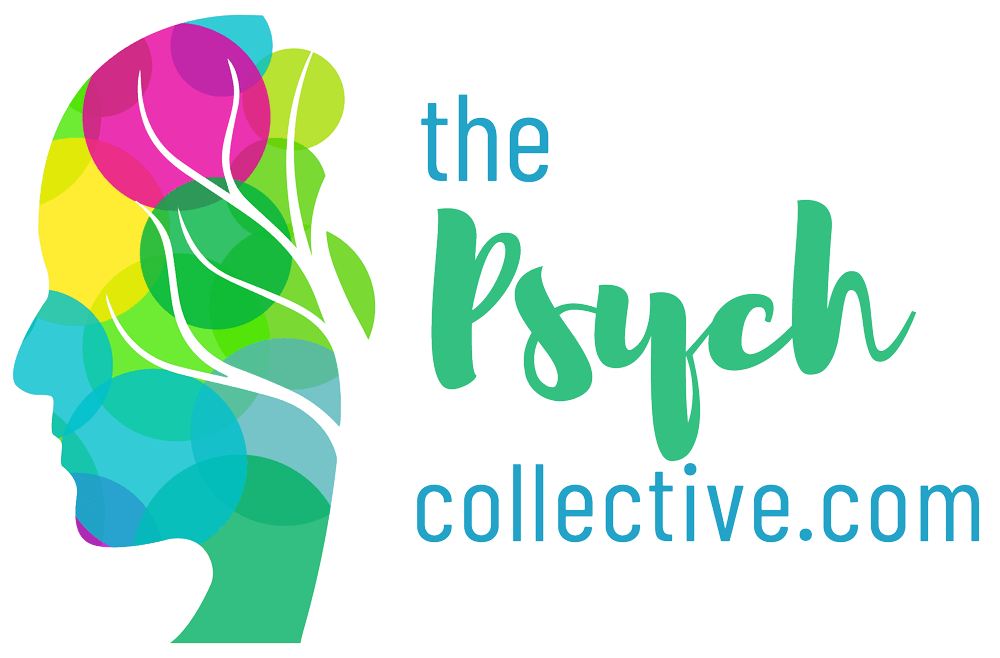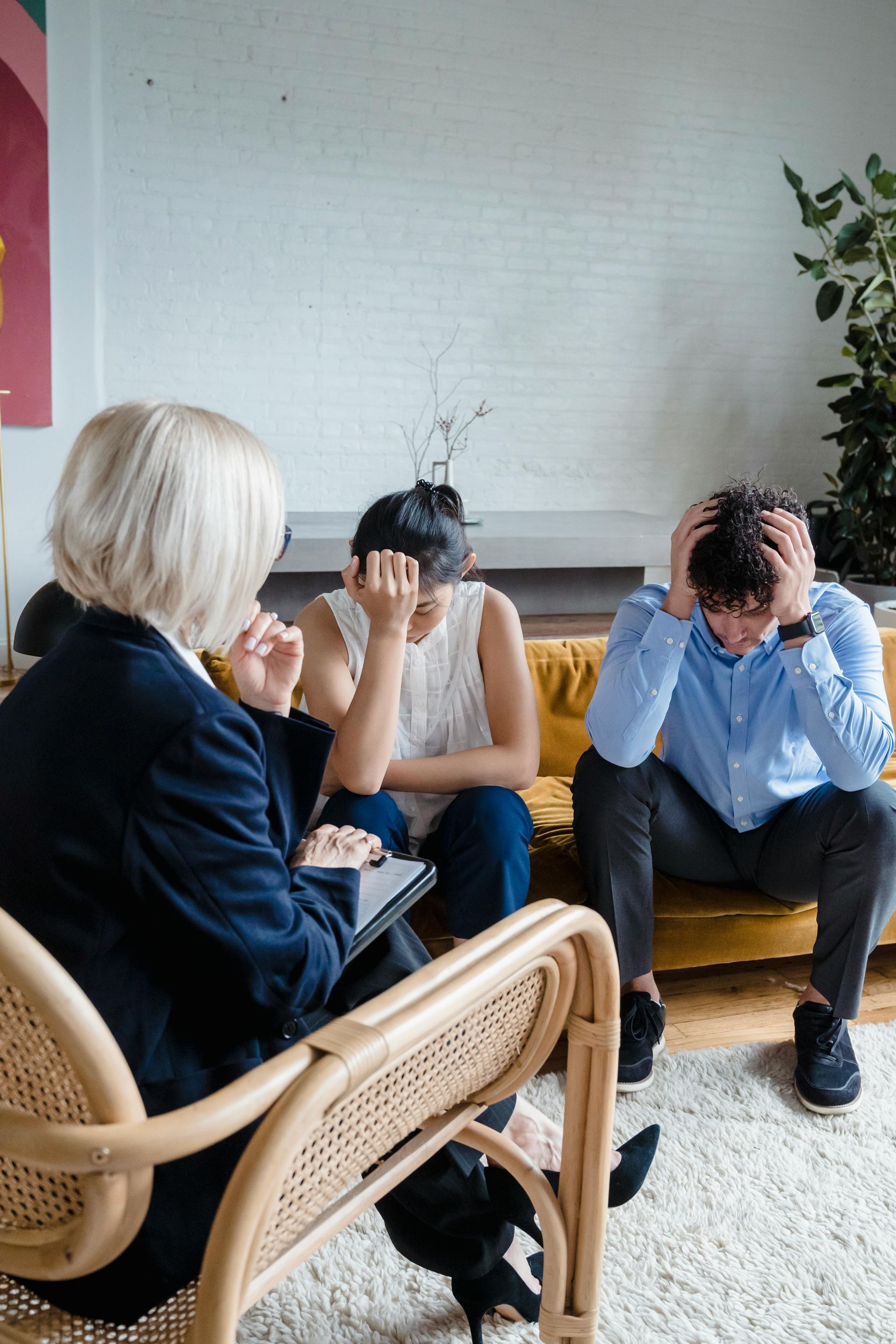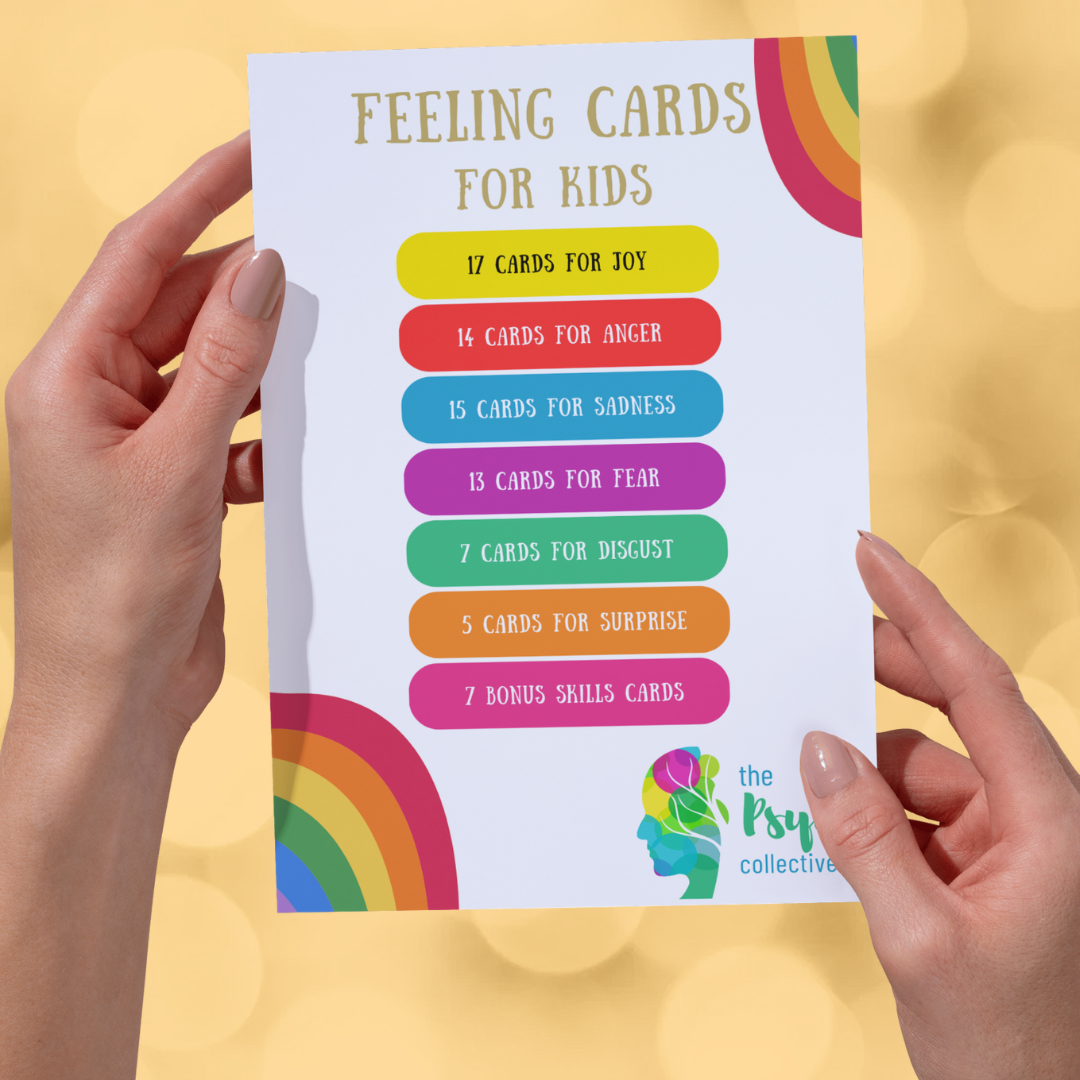What is Self-Care?
Why is self-care important?
Have you ever been around a two-year-old who missed nap time? Or was too busy playing to stop and eat? Or when they are teething or have a cold? When they have been stuck inside all day because it was raining? Which emotions do you see in them? How well can they regulate their emotions?
It is so obvious to us as an adult that small children will have bigger emotional responses when their basic needs for food, sleep, movement and comfort aren’t met. But allow us to let you in on a little secret - adults are just grown-up children. At no point do we grow out of our need for food, sleep, movement and comfort. So it is really no surprise to us when we see people having big emotions when self-care has been neglected.
There are many reasons (and excuses) why self-care gets ignored. Some people never learnt it growing up, or they had such crappy childhoods that they still believe they are not worthy of self-care. Some adults prioritise other people and tasks over their own self-care, so they tell themselves they don’t have time. Others are ruled by their mental health conditions and let their moods dictate how they care for themselves.
Regardless of the reason, self-care has to be the starting point for making changes if you want to improve the way you tolerate and manage your emotions. The components of self-care involve behavioural tasks that need to be undertaken to maintain basic functioning.
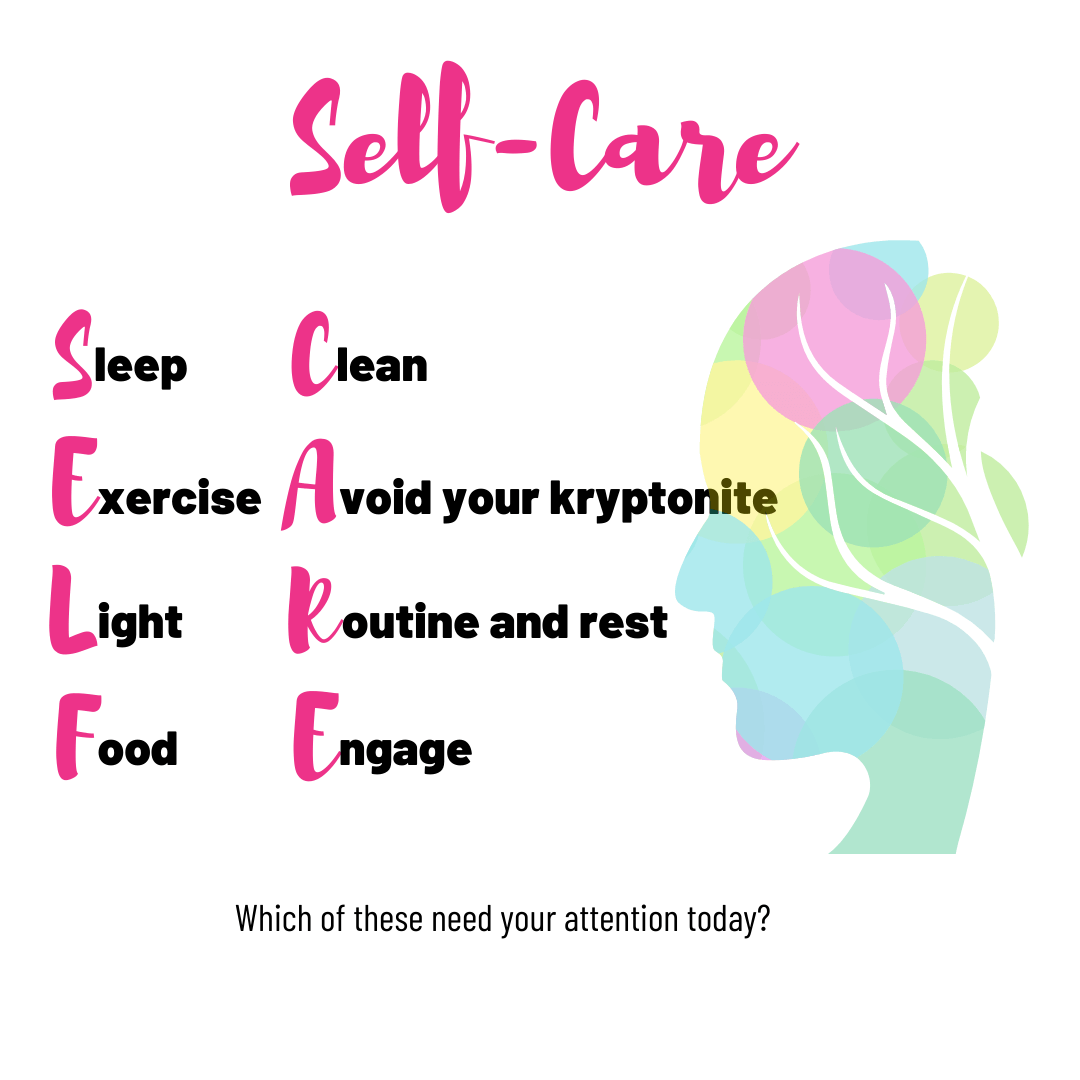
Sleep
Without it, you don’t function well, just like a toddler. But you know this already. If you’re getting less than 6 hours of sleep, or having problems with broken sleep or nightmares, head over to our Sleep page.
Exercise
Your body needs movement in whatever format you can tolerate. Whether that is a walk around the block, chasing after kids, vacuuming the house or joining the crossfit craze, you need to move every day.
Light
Exposure to sunlight, especially in the morning, is important for regulating your circadian rhythm and sleep cycle. The light sensor in your brain works like the thing that controls auto-headlights on a car. When the sun is bright, your wake cycle is activated, when the environment is dim, your brain prepares for sleep. For more information, check out our page on Sleep and Light.
Food
Your body needs food for fuel. Duh! But the food choices you make can have an impact on your emotions. Foods with high carbs or sugar will cause glucose spikes and crashes that can cause similar spikes and crashes in your mood. If you’re hankering for a snack, choose a protein option. Read more on our page about Nutritional Psychiatry.
Clean
Wash your body, brush your teeth and try to run a brush through your hair at least daily. When the grips of melancholy make this feel impossible, go for baby wipes, listerine and dry shampoo. Remember that your skin is an organ and needs cleaning. Your teeth are the only exposed parts of your skeleton and need cleaning. Don’t allow your mood to dictate your choices on this one. Push yourself to do it anyway.
Avoid your kryptonite
How is your mood when you are hungover? How jittery do you get when you’ve had too much caffeine? What is the crash like when you’ve been using benzos? How do you feel when the sugar wears off? You need to know what your kryptonite is and reduce or avoid it. If you are struggling with mood swings, remember that you feel what you eat and drink. Also remember that sometimes your kryptonite can be your phone, watching TV or spending time with toxic people. So choose what you need to change.
Routine and rest
Humans need a balance between consistency and novelty. That’s called a dialectic. Ironically, scheduling in time for novelty works well. Maintaining a healthy level of self-care takes effort and discipline. There will be days when you don’t feel like moving or eating well, and those are probably the days when you need it the most. So set yourself a routine for getting these activities done across the week, and make sure your routine includes rest. Rest is just as important as productivity. Figure out what rest activity feels restorative for you and schedule it into your routine.
Engage
Humans are social creatures. We don’t survive well in isolation (or lockdown). We need contact with other creatures to maintain our wellbeing. So make time for connection each day, whether that is talking, texting, sharing memes or just cuddling your pet.
This list might seem a bit hefty if you’re not used to it. But with practise, it will become more automatic. Also remember that you are allowed to have flexibility with this. If you need a rest day, then maybe exercise gets dropped that day, but do your best to pick it up the next day. If you have a treat, pay attention to how it affects your mood a few hours later, then adjust your next food choice accordingly.
Find the dialectic of balancing self-denial with self-indulgence. Too much of either is bad for you, so aim for the middle ground.
Share
Categories
About Our Resources
We offer actionable resources and teach real skills to help people make meaningful change in managing mental health issues through different modes depending on people's learning preferences including infographics, text, worksheets, handouts and video.
